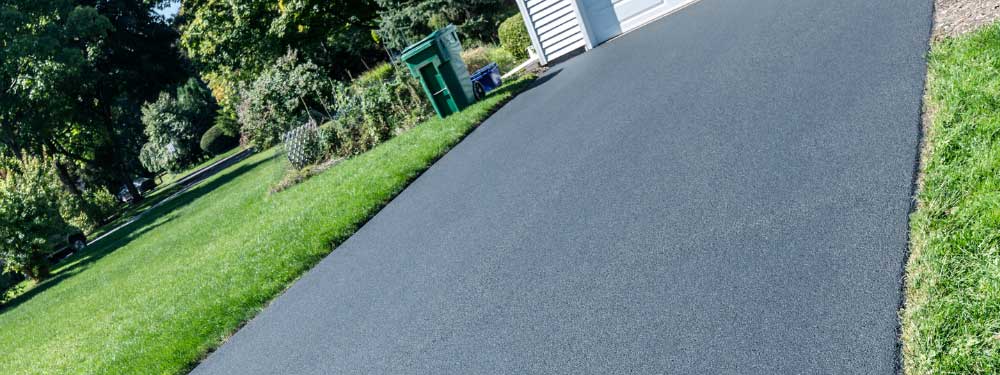Expanding Your Driveway: Key Factors to Consider When Widening or Extending
Why Homeowners Choose to Expand Driveways
Widening or extending your driveway can improve functionality, add space for additional vehicles, and increase the overall curb appeal of your property. Whether you’re tired of juggling parking spots, need easier access for larger vehicles, or want to enhance your home’s exterior, a driveway expansion can be a worthwhile investment. However, before diving into construction, it’s essential to understand the key factors that can influence the success, cost, and long-term performance of the project. This article breaks down the most important considerations.

Check Local Zoning Laws and Permits First
Before breaking ground, homeowners should check with their local municipality about zoning regulations and permitting requirements. Some areas have restrictions on how wide a driveway can be or how close it can come to property lines, curbs, or public sidewalks. Failing to comply with these rules can lead to fines or the need to tear out completed work. In some townships, the material you use or the direction of water runoff must also meet local codes. A quick call to your zoning office or working with a contractor familiar with local regulations can help avoid issues.
Assess the Existing Base and Soil Conditions
A strong foundation is essential for a successful driveway expansion. If the existing base under your current driveway is solid, that doesn’t guarantee the surrounding ground will be the same. Poor soil conditions like clay or loose fill dirt can lead to settling, cracks, and uneven surfaces over time. A professional contractor will assess the soil’s load-bearing capacity and recommend the appropriate base layers, compaction methods, and drainage solutions. Investing in proper site preparation will ensure the new section matches the durability and appearance of the original.
Choose the Right Materials for Your Needs
When expanding a driveway, matching the existing surface is often a top concern—but it’s also a good opportunity to consider upgrading materials. Asphalt is popular for its affordability and clean look, while concrete offers durability and minimal maintenance. Tar and chip surfaces provide rustic appeal and grip, but might not be ideal in every climate. Gravel can be cost-effective but may require more upkeep. The material you choose should balance function, aesthetics, budget, and long-term performance. Consulting with a paving expert can help you find the best solution for your specific goals.

Plan for Drainage, Edging, and Long-Term Maintenance
Drainage is one of the most overlooked aspects of driveway expansions. Water must be directed away from your home’s foundation and off the pavement to prevent erosion and pooling. Installing proper edging, such as paver stones, curbing, or reinforced borders, helps keep the new section stable and visually cohesive. Additionally, consider how the new area will affect maintenance. Larger surfaces may require more frequent sealing, cleaning, or repair. Factoring these into your plan now can prevent costlier issues later and help your driveway stay in excellent condition for years to come.
Conclusion: A Well-Planned Driveway Expansion Pays Off
Expanding your driveway is more than just adding pavement—it’s an opportunity to enhance your property’s usability, aesthetics, and value. By carefully considering zoning laws, soil conditions, material options, drainage needs, and long-term maintenance, you can ensure the project meets your goals and avoids future problems. Working with a qualified contractor who understands these nuances will make the process smoother and the final result more durable. Whether you’re making room for more vehicles or upgrading your home’s curb appeal, a well-planned driveway extension is an investment that delivers.







